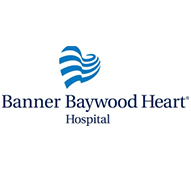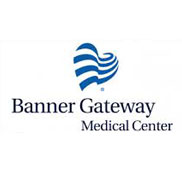Recent Study Reveals Result Of Cardiologists Ablating Atrial Chamber
The results of a recent study have grabbed the interest of cardiologists and patients with atrial fibrillation. Researchers report that ablating the atrial chamber to prevent atrial fibrillation seems to not be any worse a treatment than the standard ablation method triggers suspected in the pulmonary veins.
The study involved 58 patients who received circumferential pulmonary vein ablation treatment. Of the 58 patients, 69 percent (40 out 58) were relieved of their spastic occurrences of atrial fibrillation at one year. This was compared to the 69 percent (37 of 58) of the patients who had high-frequency source ablation. The study was conducted at the Gregorio Hospital in Madrid with Felipe Atienza the senior electro-physiologist in charge.
A combination approach that was used in patients who had unrelenting atrial fibrillation did not do well with pulmonary vein ablation done by itself. According to Atienza when the high frequency ablation was added to the circumferential pulmonary vein ablation, only 27 of the 59 patients were able to achieve any relief of atrial fibrillation at 12 months. This was compared to 22 of the 58 patients treated using the standard procedures. As a result, Atienza says it was outside the non-inferiority margins.
The end result of the trial saw neither group of patients were able to achieve atrial fibrillation at at the six month mark. But according to Atienza at the 12 month mark both treatments equal in their effectiveness in preventing atrial tachyarrhythmia.
Understanding Atrial Fibrillation
Atrial fibrillation is a condition where you experience an irregular heart rhythm called an arrhythmia. This is the most common arrhythmia type and nearly 350,000 Canadians have this condition. The risk of developing atrial fibrillation increases as we age. High blood pressure, underlying heart disease and diabetes can also cause atrial fibrillation. If you have atrial fibrillation, your risk of stroke increases 3 to 5 times. The cause of atrial fibrillation is often not known.
Symptoms of Atrial Fibrillation
Some people with atrial fibrillation feel fine and don’t even know they have the condition but others may experience symptoms such as:
• Chest discomfort, chest pressure or chest pain
• Dizziness, fainting, or light headedness
• Fatigue
• Heart palpitations (rapid thumping in your chest)
• Irregular and/or fast heartbeat
• Nausea
• Shortness of breath especially with anxiety
• Sweating
Diagnosing Atrial Fibrillation
If you have a fast pulse or your heartbeat is irregular, your cardiologist might check for atrial fibrillation. Cardiologists will take your medical history and ask you specific questions about your symptoms, when you have them, medical condition, etc.
What You Can Do
Leading a healthy lifestyle is a good start. Quit smoking, limit your alcohol intake, reduce the stress in your life, and make sure that your blood pressure is controlled. Cardiologists are trained to treat atrial fibrillation or other arrhythmias.
If you think you have an arrhythmia, either atrial fibrillation or another type, it is important that you speak with any of the many cardiologists as soon as possible to ensure a proper diagnosis.












Leave a Reply